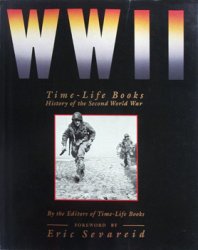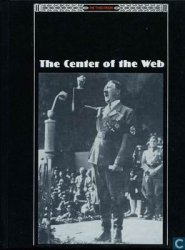The most important check on and supplement to diodorus' insufficient and often incoherent narrative of events during these years are the political speeches of two Athenians, Demosthenes and Aeschines. Demosthenes (384-322), although he stuttered as a child (Plut. Dem. 11), grew to become the greatest of the Greek orators. Whatever the wisdom of his politics, his speeches already in antiquity were seen as models of the craft. Aeschines (390-315) for his part has had the eternal misfortune of being "opposing counsel" to the rhetorically more accomplished Demosthenes. Yet both of them helped shape Athenian policy in these decades (however much each may have overstated his role), and in their speeches they often argue on the basis of historical detail. Their speeches are thus rich sources of information.
However, neither orator was composing an historical treatise with events in succession and order. Historical events in the speeches can stand without any context or indication of date. For example, at XV 9 Demosthenes notes that the Athenian commander Timotheus captured Samos. The only way to anchor that fact in an historical narrative is through Diod. XVIII 18, which attests the Athenians' expulsion of some Samians from Samos in 365 - i. e., Timotheus' conquest of the island must have taken place a little earlier. If the passage from Diodorus fixes the event in time, Demosthenes attests what no one could have guessed from Diodorus' mention of the expulsion: not just who conquered Samos, but whom he conquered it from - the Persians, who a little earlier had evidently repossessed themselves of a bit of territory which they had last held in 479.
The orators were also speaking before Athenian audiences who sometimes knew exactly what the orator was talking about, such that, on the one hand, he could allude to a matter briefly and pass on. At II 6, Demosthenes reminds his auditors of "a well-known secret that was much talked about once" without bothering to explain it (in this case Harpocration's first-century ad lexicon to the ten canonical Athenian orators as well as a marginal notation in a manuscript explain what Demosthenes was referring to - see Harding, Nr. 61). On the other hand, if most in the audience had only a dim notion of the circumstance at issue, the orator could play fast and loose with the facts if it suited his purposes. In oration XXIII (from the year 352) Demosthenes portrays Cersobleptes, the king of Thrace, as a persistent enemy of Athens although Cersobleptes, if only for fear of Philip, at the time was a reliable ally.
Most importantly, both Demosthenes and Aeschines were trying to argue a case persuasively - not necessarily to produce an accurate and historically intelligible account. Distortions, stretched points, and self-promoting assertions abound; and one may legitimately wonder, for example, whether Demosthenes had quite as much influence on, e. g., the formation of the Peace of Philocrates as he claims. Diodorus, on the other hand, never mentions this treaty. The omission underscores the importance of the speeches as historical sources.
His liking. First, however, Philip defeated Cersobleptes and, as a token of dependence, compelled him to send his son to Philip’s court as a hostage even though Thrace remained formally independent (Harding, Nr. 76A). Then Philip, honoring a Boeotian request, marched into central Greece to settle matters with the Phocians. Their leader, Phaleucus, had no chance, so he simply negotiated Phocis’ capitulation on the condition of his and some 8,000 mercenaries’ safe passage to the Peloponnese (Diod. l. c. - for these mercenaries’ later adventures, see below and chap. 17). Philip now arranged for a meeting of the Amphictionic Council to decide Phocis’ fate.
As tagos of Thessaly, Philip controlled the Thessalians’ two votes. But since six additional votes lay in the hands of the Thessalians’ so-called perioecic or subject peoples (Magnesians, Perrhaebians, Phthiotic Achaians - Thuc. II 101, IV 78, and VIII 3), Philip actually held eight. Given Philip’s currently friendly relations with the Boeotians (two votes) and the Locrians (two votes), Philip could count on their four votes for twelve in all. Since the Phocians were not represented on the Council anymore, there were at this time twenty-two votes in all, so with twelve on his side Philip could simply dictate the decision. He left the Phocians in possession of their land, but had their cities razed and the inhabitants relocated to villages of fewer than fifty houses apiece. Their arms and horses were confiscated, and they were forbidden to rearm until such time as they should restore in installments of sixty talents a year all that they had taken from Delphi. Any Phocians guilty of robbing the sanctuary at Delphi were subject to arrest, but the rest might live in peace (Diod. XVI 60).




 World History
World History









